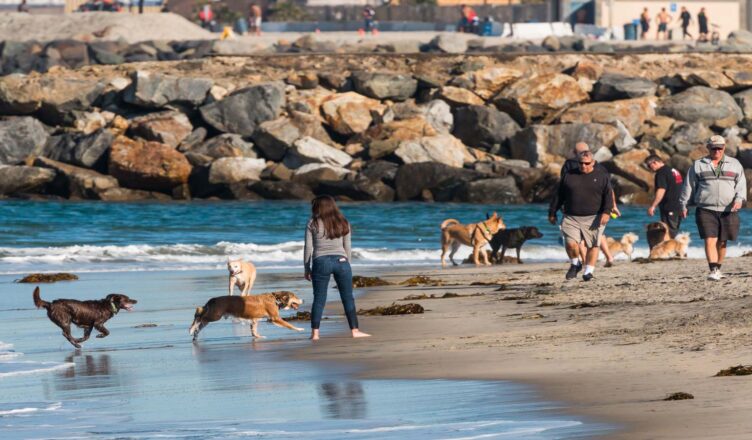There are many stereotypes about California and those from the Golden State. Many of these center around the laws on the books, state- or city-wide, as many things are banned in California that are legal in other states.
Many analyses have determined that California has more regulations and ordinances than other states. However, many laws and restrictions are mere rumors rather than actual ordinances. Rumor has it that no self-driving cars can exceed 60 miles per hour, but if you search the California legislative tool, you won’t find such a law.
Despite these misconceptions, sunny Cali does have strange laws. Here are 12 activities or items banned in California.
1. No Fake Whiskers

One of the more ridiculous laws I have encountered during my research is that it’s illegal to commit any crime while wearing fake whiskers, such as a false beard (not cat whiskers). California Penal Code section 185 states it is “unlawful for any person to wear false whiskers (whether complete or partial) to evade or escape discovery, recognition, or identification in the commission of any public offense.”
From my research, I could not locate any other state with this regulation in the books, so I’m pretty sure this is a California-specific ban.
2. Food Additives

The California Food Safety Act, enacted in October 2023 but going into effect in January 2027, bans the manufacture, distribution, and sale of food and beverages containing the additives BVO, potassium bromate, propylparaben, and Red Dye 3.
Although other states, like Illinois and New York, have also introduced legislation to ban these same food additives, many states still allow them.
3. Book Bans Prohibited
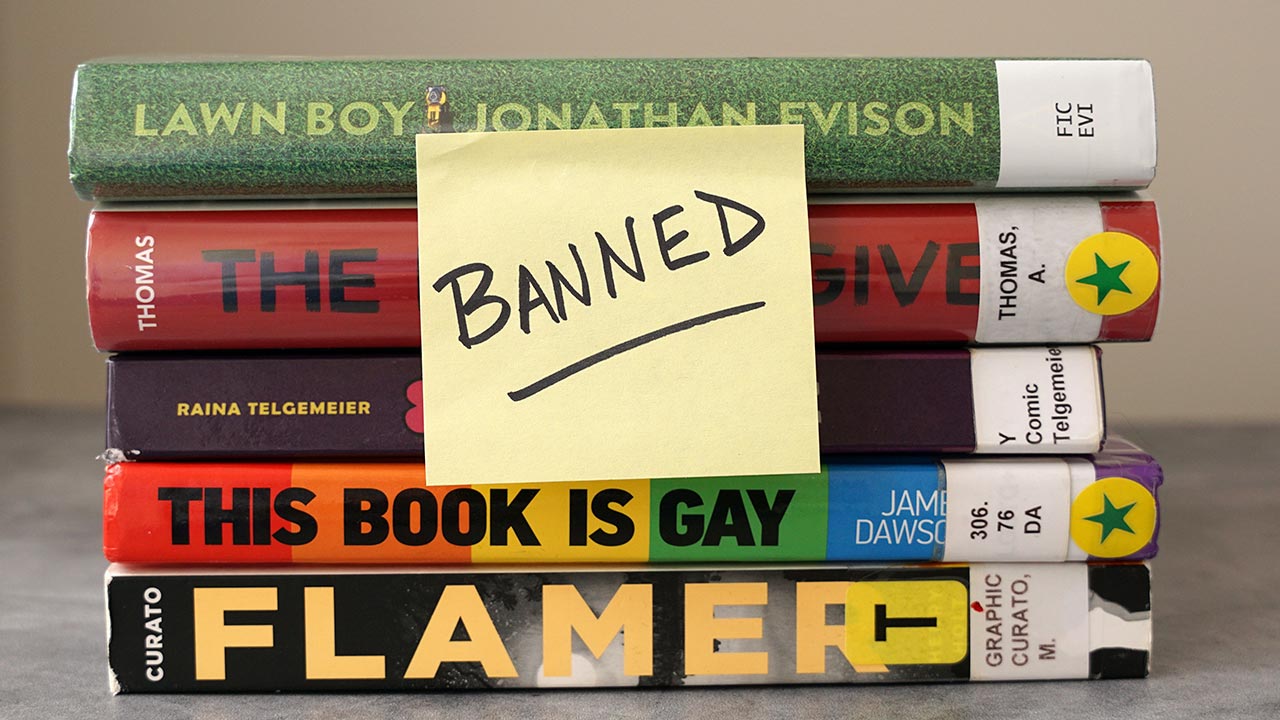
Governor Gavin Newsom signed AB 1078 in September 2023, prohibiting book bans in California. He cited his commitment to promoting educational freedom and success. This restriction strengthens California law by prohibiting the censorship of instructional materials and ensuring that schools provide all students with textbooks about California’s diverse communities.
However, the situation is starkly different in states like Florida and Texas, where 350 to 450 books have been banned in the public education system.
4. Hazardous Waste
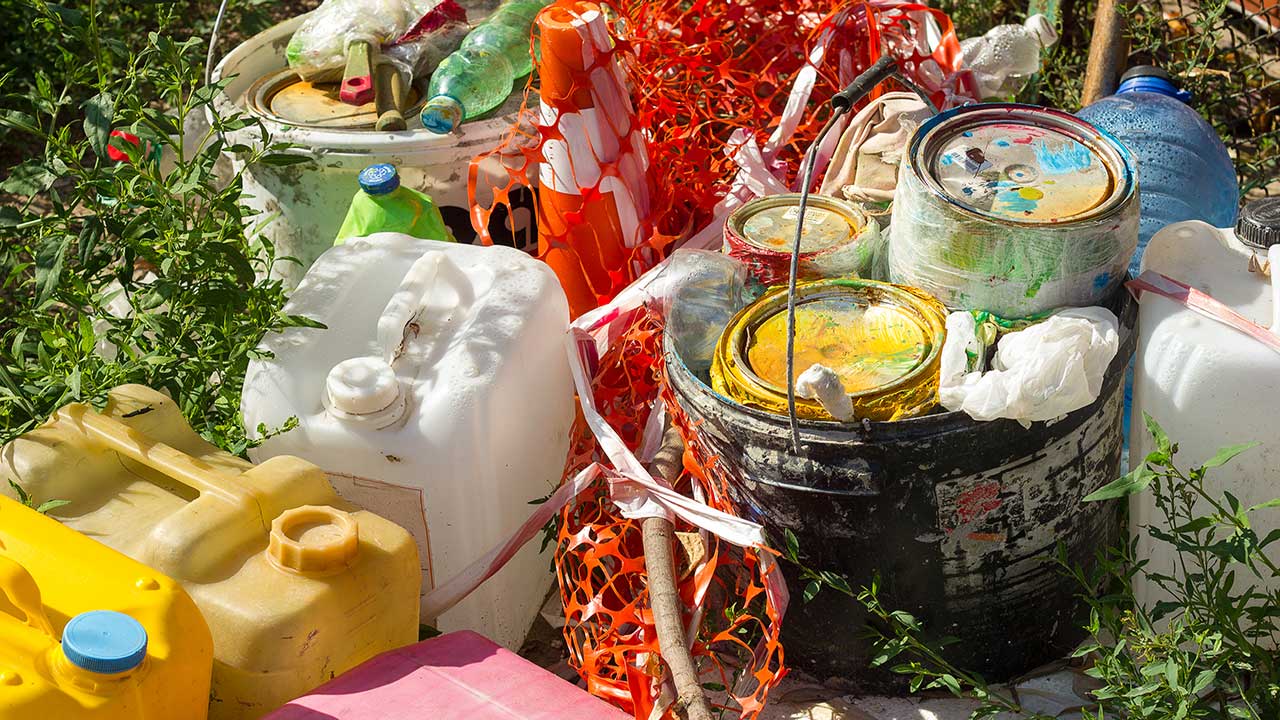
California was the first state in the nation to ban the dumping of hazardous waste in everyday trash cans. In 1972, then-governor Ronald Reagan signed the Hazardous Waste Control Act into law. In 2003, state legislatures introduced and enacted the Electronic Waste Recycling Act, which banned the disposal of hazardous electronic waste at established collection centers.
In contrast, Alabama and Alaska don’t have state-specific wastes subject to the RCRA manifest and follow all EPA rules that exempt or exclude wastes from RCRA manifest regulations.
5. Carrying Tiki Torches

California has year-round state-wide fire restrictions that prohibit open-flame devices like tiki torches and fireworks, including sparklers and firecrackers. However, in 2017, Los Angeles banned demonstrators from specifically carrying tiki torches, gas masks, and signs that aren’t made out of soft materials from all protests.
This law came on the heels of mass protests that occurred in Charlottesville, Virginia, where one counter-protestor was run over by a car and killed. Given the safety threats, it’s not surprising most open flames are banned in California.
6. The Selling of Non-Rescue Animals
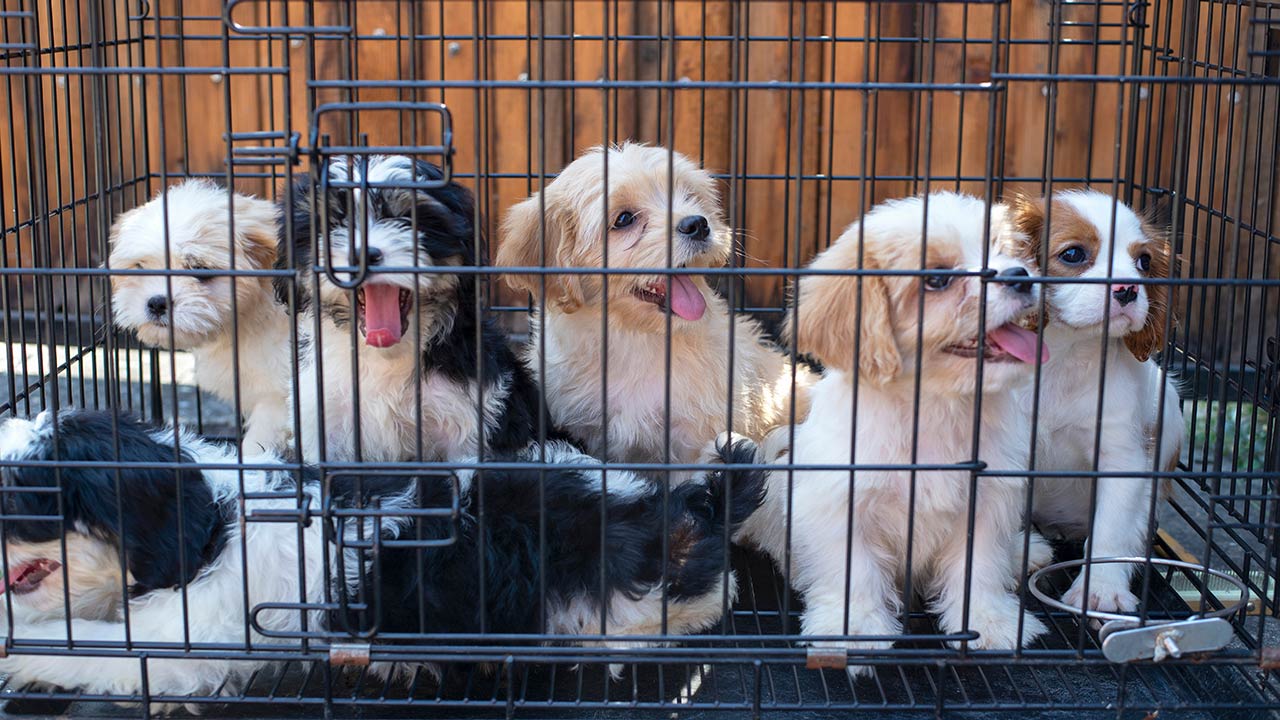
California was the first state to ban the retail sale of companion animals. The landmark law, passed in 2017 and effective in 2019, prohibits pet stores from selling live dogs, cats, or rabbits unless they are sourced from an animal shelter or rescue group.
Although not every state has followed suit, many have introduced legislation to enact similar laws. In 2025, Texas plans to support a bill that would end the cruelty of puppy mills and the selling of these animals in pet stores.
7. Plastic Bags
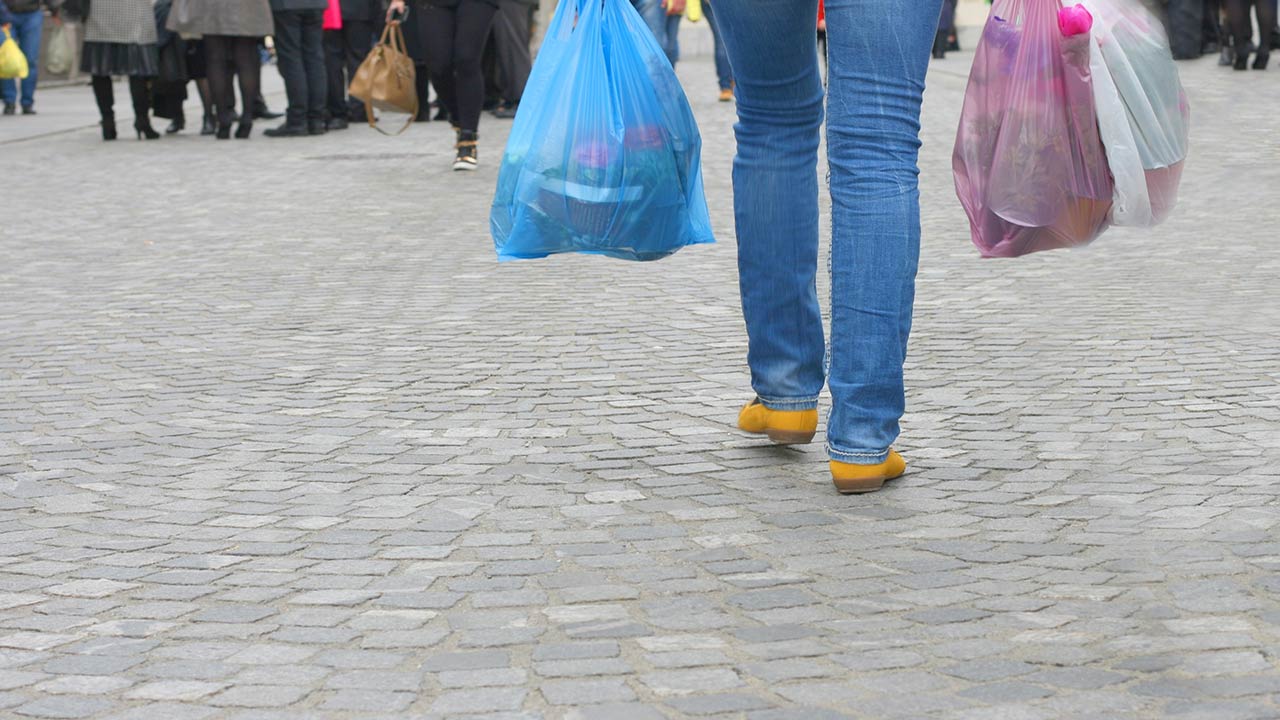
Senate Bill 1053 expands on California’s longstanding bag ban, initiated by SB 270 in 2014 and upheld by voters through Proposition 67 in 2016. California became the first state to ban thin, lightweight, single-use plastic bags at grocery, retail, food service, and other business establishments.
Most states in the union have little to no bans on plastic bag use, with individual cities developing their own local laws on usage. For example, my hometown of Austin, TX, attempted to ban plastic bags; however, in 2018, that decision was reversed after the Texas Supreme Court ruled that it violated state law.
8. Several Types of Weapons

The most notable items banned in California involve weaponry, from assault rifles and armor-piercing bullets to metal knuckles. According to Everytown Research, the Golden State has the most restrictive gun laws of any other state and has been a leader in gun reform for the last three decades, with gun laws covering 45 out of the 50 types of gun control laws.
In contrast to states like Arkansas, Wyoming, and Mississippi, with some of the most lenient gun laws in the States.
9. New Gas-Powered Lawn Tools
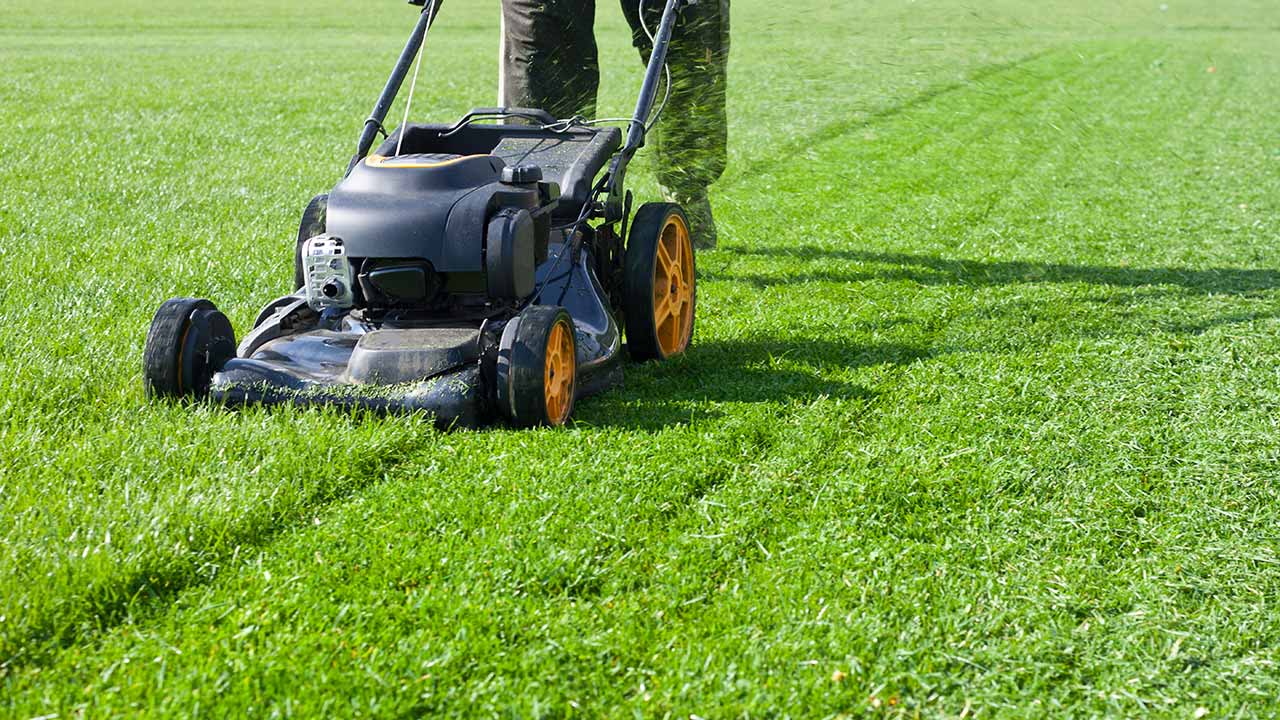
California’s Assembly Bill 1346, effective January 1, 2024, bans the sale of new gas-powered lawn and landscape equipment, including mowers, leaf blowers, trimmers, generators, pressure washers, and chainsaws. Existing gas-powered leaf blowers had to reduce emissions starting July 1, 2022.
The law aims to cut air pollutants and greenhouse gas emissions, since lawn equipment’s small off-road engines (SOREs) are more polluting than all of California’s cars combined. Two-stroke engines, common in handheld equipment, pollute the most. Despite the ban, homeowners and businesses can continue using existing gas-powered equipment after 2024.
10. Only Cars Allowed in the Garage
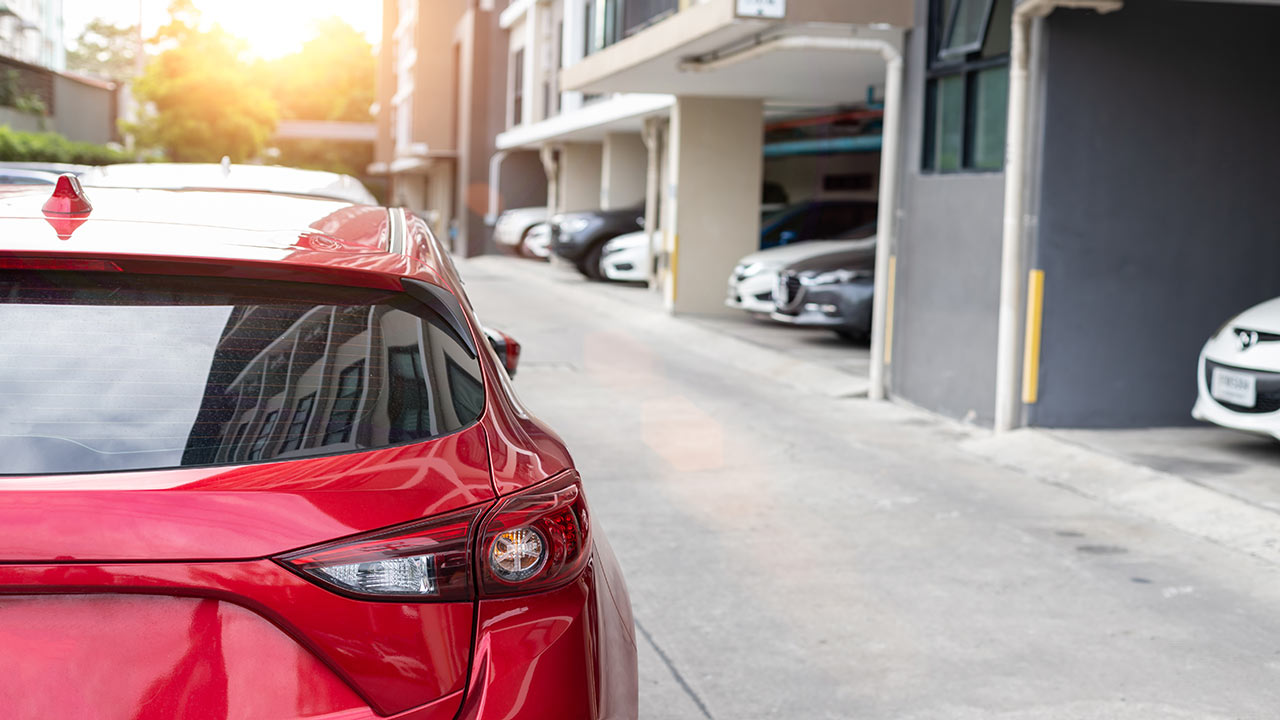
In Long Beach, a bizarre law specifies that only cars are allowed in garages, prohibiting residents from using them for storage, workshops, or other activities. While garages are typically versatile spaces, multipurpose use is banned in California. The rationale behind such laws can vary, often relating to city planning, safety, or community aesthetics.
Although these laws exist, their enforcement may vary and need to be updated or rarely enforced.
11. Owning More Than Two Cats or Dogs
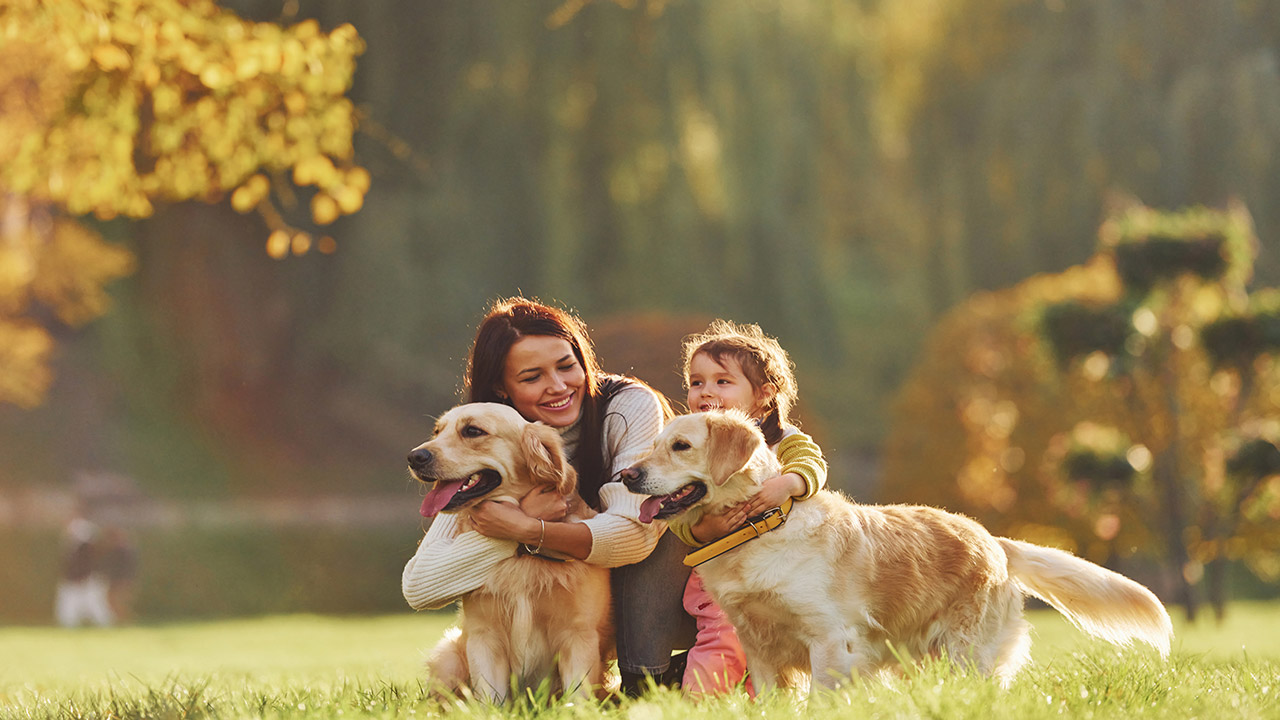
In San Jose, California, residents are only allowed two cats or dogs as family pets. Restrictions on the number of pets an individual can own are common in many cities, addressing noise, hygiene, and animal welfare concerns.
These laws aim to balance pet owners’ rights and responsibilities with community well-being. Regulations often prevent issues like noise disturbances, unsanitary conditions, and disease spread associated with having too many pets.
12. Christmas Light Removal Before February 2nd

If you think HOAs are pesky and restrictive, the whole city of San Diego restricts how long residents can keep their Christmas lights up. Christmas lights must come down before February 2nd, and residents may be subject to a $250 fine if they leave them up longer.
I can’t imagine this ever flying in Texas. Two doors down, my poor neighbor would be so sad to have to remove the lights she keeps up all year.

